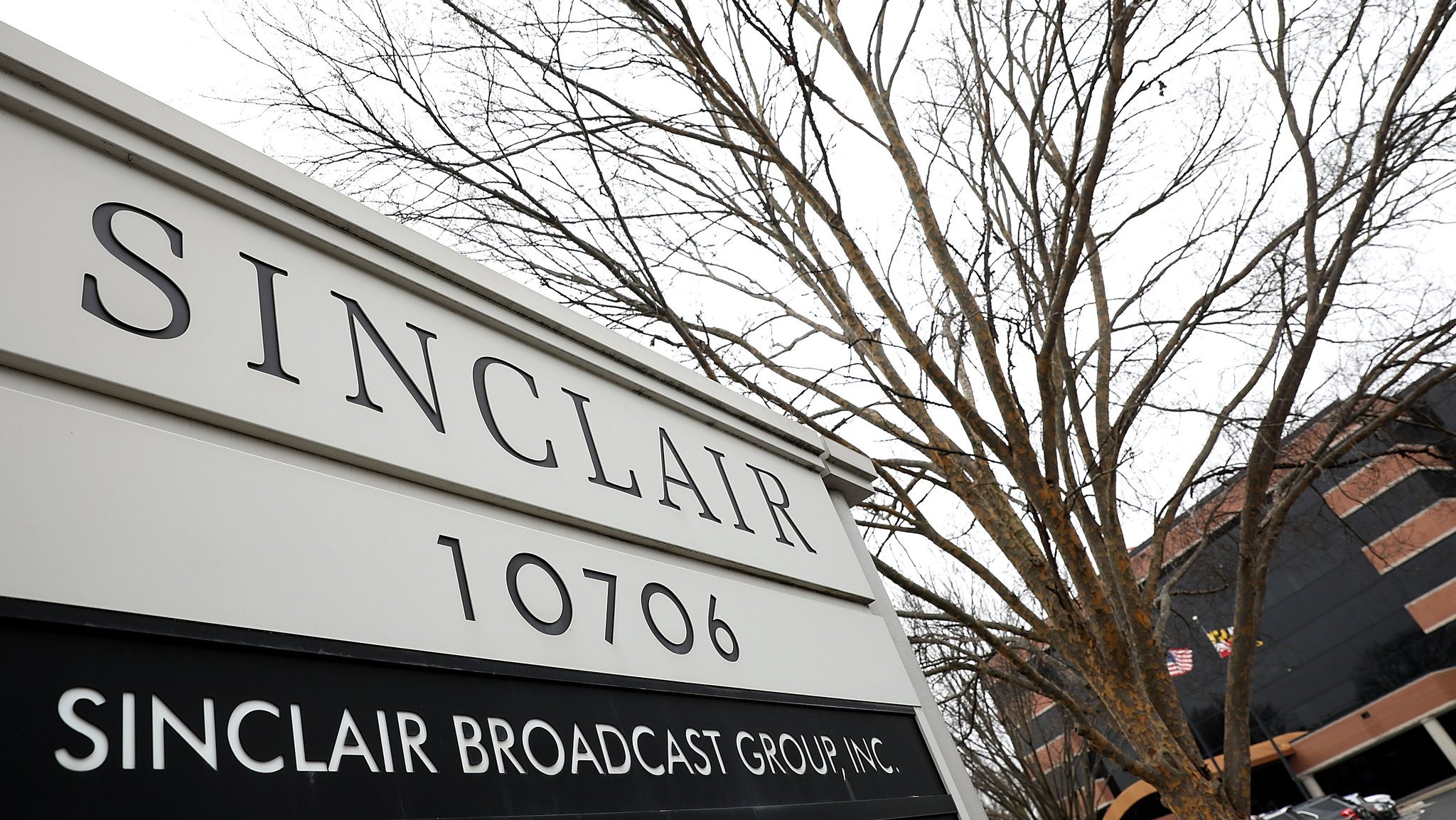Sinclair Eyes Bankruptcy with Sports Network *
/America's largest owner of local sports channels, Diamond Sports Group LLC, is heading towards a complex $8.6 billion debt restructuring in bankruptcy court as it stakes its future on a new direct-to-consumer streaming service. The company, which is owned by Sinclair Broadcast Group Inc., has been suffering from a decline in cable-TV subscribers, which has led to negotiations with creditors and major sports leagues about its viability as a going concern.
The outcome of this restructuring will have serious implications for the $55 billion world of sports-media rights, as Diamond Sports Group's channels showcase Major League Baseball, National Basketball Association, and National Hockey League games to fans across the country. The company operates under the Bally Sports brand and is expected to skip $140 million in interest payments due mid-February, kickstarting a 30-day grace period, according to sources familiar with the matter.
If Diamond files for bankruptcy, it could potentially put at risk crucial broadcasting-rights revenue for the likes of MLB. A stark divide is emerging between would-be winners and losers, as its $630 million first-lien loan is trading at 92 cents on the dollar, while nearly $5 billion of lower-ranked bonds change hands for under 10 cents, signaling a near-total wipeout for subordinated creditors.
The restructuring plan favored by many creditors and the company itself would see the largest lenders becoming owners, turning much of its debt into equity through a pre-arranged Chapter 11 process. Diamond expects to emerge from any restructuring by May or June, at which point its largest owners would include Prudential Financial, Fidelity, Hein Park Capital Management, and Mudrick Capital Management. The group ultimately aims to sell Diamond after the restructuring, one person said.
The financial struggles of Diamond Sports Group are a bad omen for the industry at large, as the amount of revenue from media rights influences how much players get paid, among other things. As the cable-TV business contracts, some sports and media executives are warning that teams and leagues will need to accept smaller rights payments going forward.
















